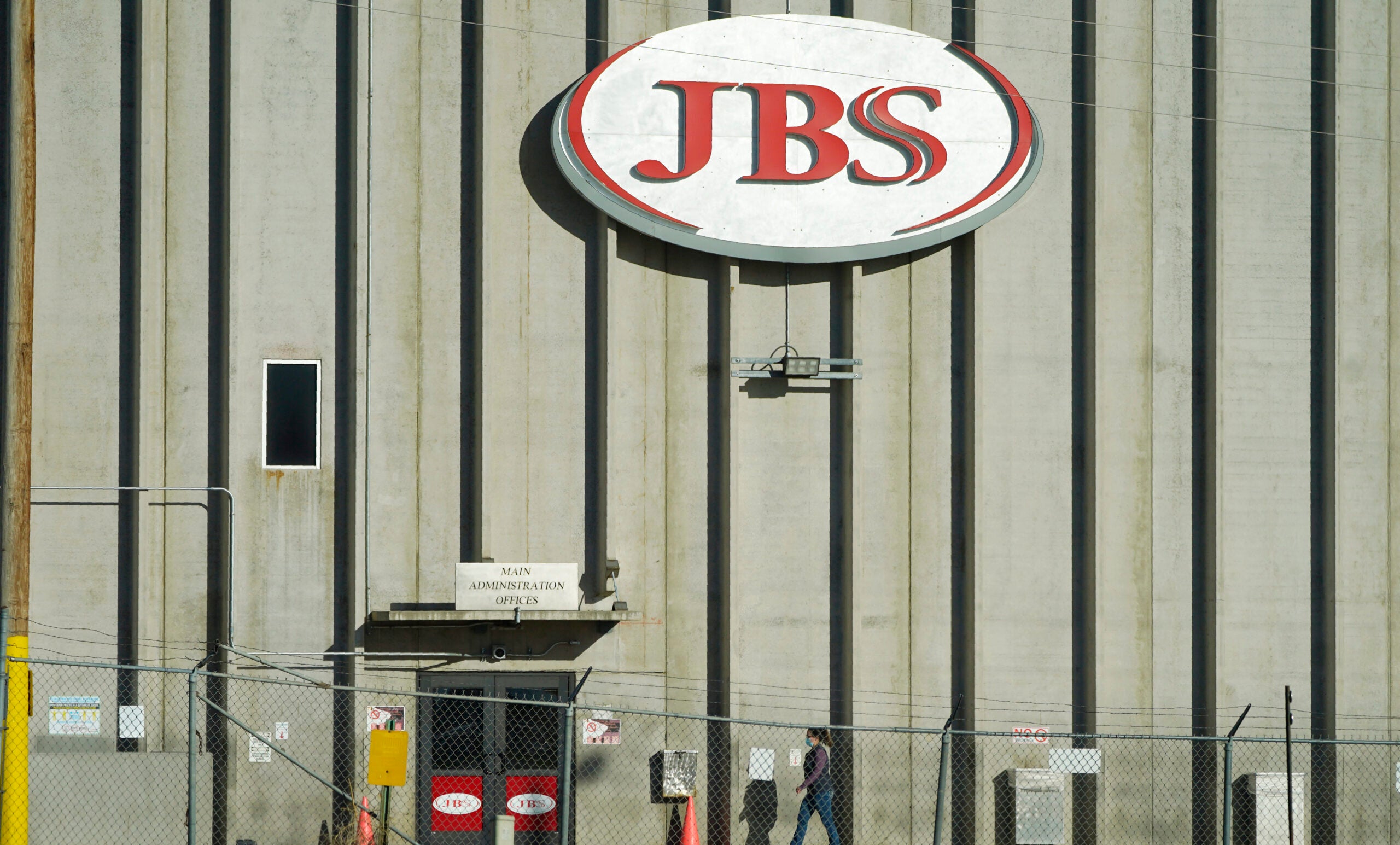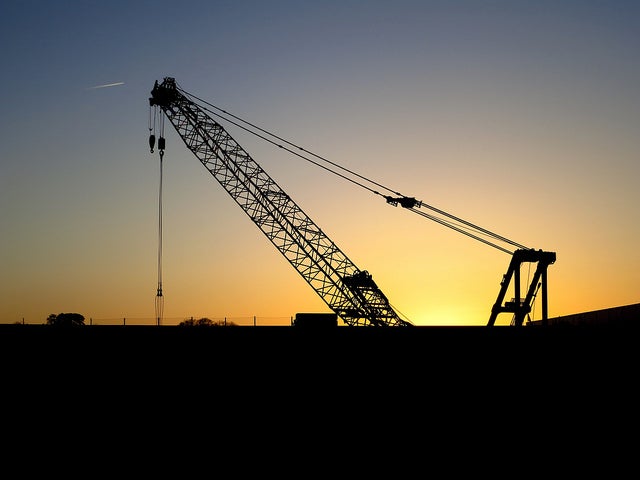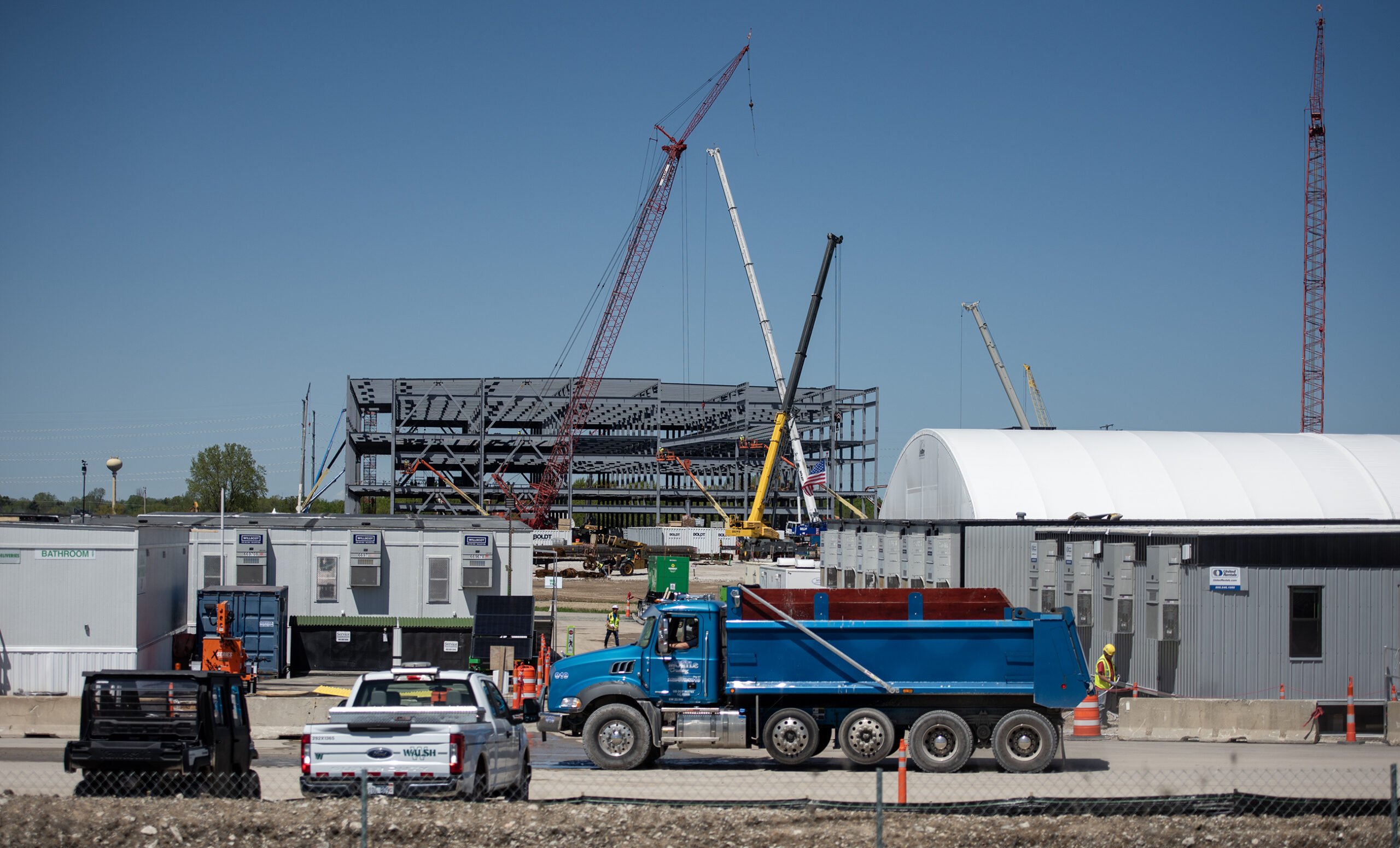The Wisconsin Department of Justice has filed a lawsuit against a Wisconsin milling company after an inspection revealed more than two dozen permit violations at its plant where a fatal explosion occurred five years ago.
State Attorney General Josh Kaul filed the complaint Monday in Columbia County Circuit Court against Sun Prairie-based Didion Milling Inc. and Didion Ethanol LLC for violations of air pollution control permits at its corn plant and ethanol production facility in Cambria. The two facilities are considered major polluters under the federal Clean Air Act for emissions of carbon monoxide, nitrogen oxides, fine particle pollution and volatile organic compounds.
The lawsuit alleges 30 violations where Didion failed to correct leaks, control emissions and conduct proper reporting and recordkeeping. Federal labor regulators have found the company’s failure to correct leaks and clean up combustible grain dust caused multiple explosions in 2017, claiming the lives of five workers and injuring 15 others. A federal grand jury indicted the company in May, alleging its safety violations caused workers’ deaths. That case is still pending.
Stay informed on the latest news
Sign up for WPR’s email newsletter.
“When our environmental laws are violated or workplace safety laws are violated, one of our roles at the Department of Justice is to enforce those laws to potentially recover forfeitures from companies that violate those laws,” Kaul told WPR. “But also in many cases, (we) require companies to follow certain procedures to ensure that they’re taking the steps that are required by law.”
In a statement, the company said it’s disappointed and surprised by the lawsuit, saying Didion operates in accordance with multiple air permits that ensure its operations don’t harm the environment.
“The state’s allegations mostly involve paperwork and record keeping issues associated with these permits. We have been cooperating with department officials to understand and address their concerns, and we will continue those efforts going forward,” the company said. “Our team always has and always will put compliance and the safety of our team members and partners at the forefront of our work.”
Following the explosions in 2017, the state’s complaint says the Wisconsin Department of Natural Resources issued a series of construction and air pollution permits for the facilities. In May 2019, the DNR received a complaint about visible emissions from a piece of equipment used to dry grain that is used to produce ethanol. The agency conducted a two-day announced inspection at the facility, but DNR staff were later denied access by Didion during a third unannounced inspection to wrap up its review.
The DNR later returned with a special warrant and completed its review. When the agency returned for a follow-up last summer, its inspection found a pattern of repeated violations by the company.
The complaint states Didion failed to construct stacks at its facilities in line with approved plans and exceeded allowable emissions for fine particle pollution. The company also failed to control emissions from its dryer stack and temperatures set forth under permits. The complaint alleges Didion didn’t keep records of inspections, maintenance, or repairs of pollution control devices known as baghouses that are used to capture fine particle pollution. And, the company failed to properly calibrate monitoring devices and properly report emissions or deviations from its permits.
The maximum penalty for each violation is $25,000, and each day the violation continues is considered a separate offense. According to the complaint, the DNR found instances where Didion failed to maintain records for more than two years.
Kaul is asking the court to issue an order requiring the company to operate its facilities in compliance with all permits and applicable laws, as well as fines and other fees.
Wisconsin Public Radio, © Copyright 2025, Board of Regents of the University of Wisconsin System and Wisconsin Educational Communications Board.







